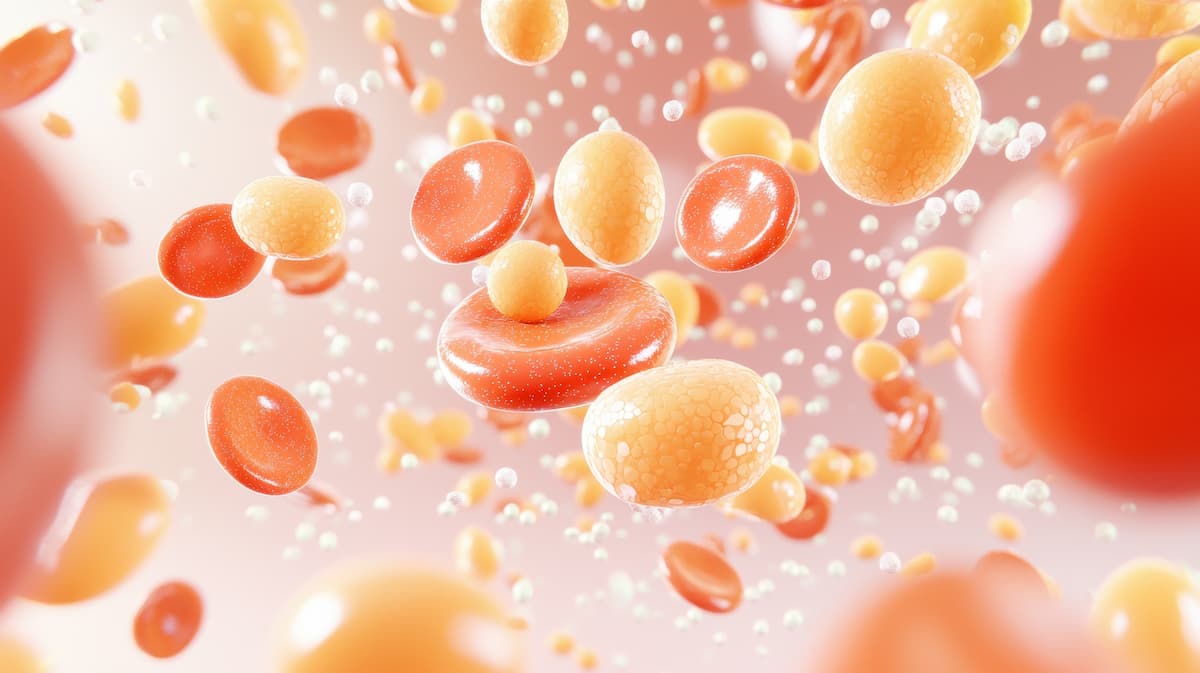News
Article
Approximately 25% of Pregnant Women Are Not Getting Enough Omega-3 Fatty Acids
Author(s):
Omega-3s are important during pregnancy because they can reduce risk of preeclampsia and other negative health outcomes.
Approximately a quarter of women during pregnancy are not getting the recommended amount of omega-4 fatty acids from their diet or supplements, according to findings published by investigators with the Harvard Pilgrim Health Care Institute in the journal Public Health Nutrition.1
“Omega-3 fatty acids are essential nutrients for supporting positive health outcomes. Getting enough of these nutrients during pregnancy is vital for preventing preterm birth and promoting optimal child health and neurodevelopment,” said primary study author Emily Oken, Harvard Medical School professor and chair of the Department of Population Medicine at the Harvard Pilgrim Health Care Institute, in the press release.1
The American Pregnancy Association recommends that pregnant women consume omega-3 fatty acid because it balances the production prostaglandins, a substance similar to hormones which regulates blood pressure and clotting, nerve transmission, inflammation and allergic responses, kidney and gastrointestinal tract function, and the production of other hormones.2
Image Credit: © TarikVision - stock.adobe.com

Oken adds that the literature promotes the consumption of omega-3s—via low-mercury fish or omega-3 supplementation—for pregnant women, and the benefits outweigh risks. Investigators conducted a pooled pregnancy multi-cohort study with 23,446 pregnant women (10,800 of whom recorded fish consumption and 12,646 of whom recorded supplement use), to understand current consumption patterns.3
Among those who ate fish, only 13.1% of respondents consumed fish more than 2 times a week. Approximately 22.1% consumed fish once or twice weekly, 40.1% consumed it less than 1 time per week, and nearly a quarter of respondents (24.6%) never consumed fish or consumed it less than 1 time per month.3
Compared to never consuming fish, consuming fish was more common among participants who were older (1.14, 95% CI: 1.10, 1.18 for 35-40 vs <29 years), of a different ethnicity or race than non-Hispanic White (1.13, 95% CI: 1.08, 1.18 for non-Hispanic Black; 1.05, 95% CI: 1.01, 1.10 for non-Hispanic Asian; 1.06, 95% CI: 1.02, 1.10 for Hispanic), or used tobacco (1.04, 95% CI: 1.01, 1.08).1,3
In addition, a minor 16.2% of patients supplemented with omega-3s. Participants were more likely to supplement if they had a higher education, were older, had a lower body mass index, or consumed fish.3
Omega-3s are a type of long-chain polyunsaturated fatty acid that cannot be synthesized in the body, thus they need to be consumed via diet or supplementation. During pregnancy, omega-3s can reduce risk of preeclampsia, increase birth weight, reduce risk of maternal depression, prevent pre-term delivery, and contribute to the baby’s neurological and early visual development.2
“Our study provides updated information to inform much needed public health advice and resources to support clinical conversations to encourage consumption of low-mercury fish during pregnancy and intake of omega-3 supplements among those who do not consume fish,” Oken said in the press release.1
REFERENCES
- Study results show 25% of pregnant people are not getting enough omega-3 fatty acids from their diet or dietary supplements. Harvard Pilgrim Health Care Institute. News Release. March 1, 2024. Accessed on March 4, 2024. https://www.eurekalert.org/news-releases/103626
- Omega-3 Fish Oil and Pregnancy. American Pregnancy Association. Article. Accessed on March 4, 2024. https://americanpregnancy.org/healthy-pregnancy/pregnancy-health-wellness/omega-3-fish-oil-and-pregnancy/
- Oken E, Musci RJ, Westlake M, et al. Demographic and health characteristics associated with fish and n-3 fatty acid supplement intake during pregnancy: results from pregnancy cohorts in the ECHO program. PHN. Published online 2024:1-20. doi:10.1017/S136898002400051X
Newsletter
Stay informed on drug updates, treatment guidelines, and pharmacy practice trends—subscribe to Pharmacy Times for weekly clinical insights.

FDA Grants Full Approval to mRNA-1273 COVID-19 Vaccine in Children At Increased Risk




